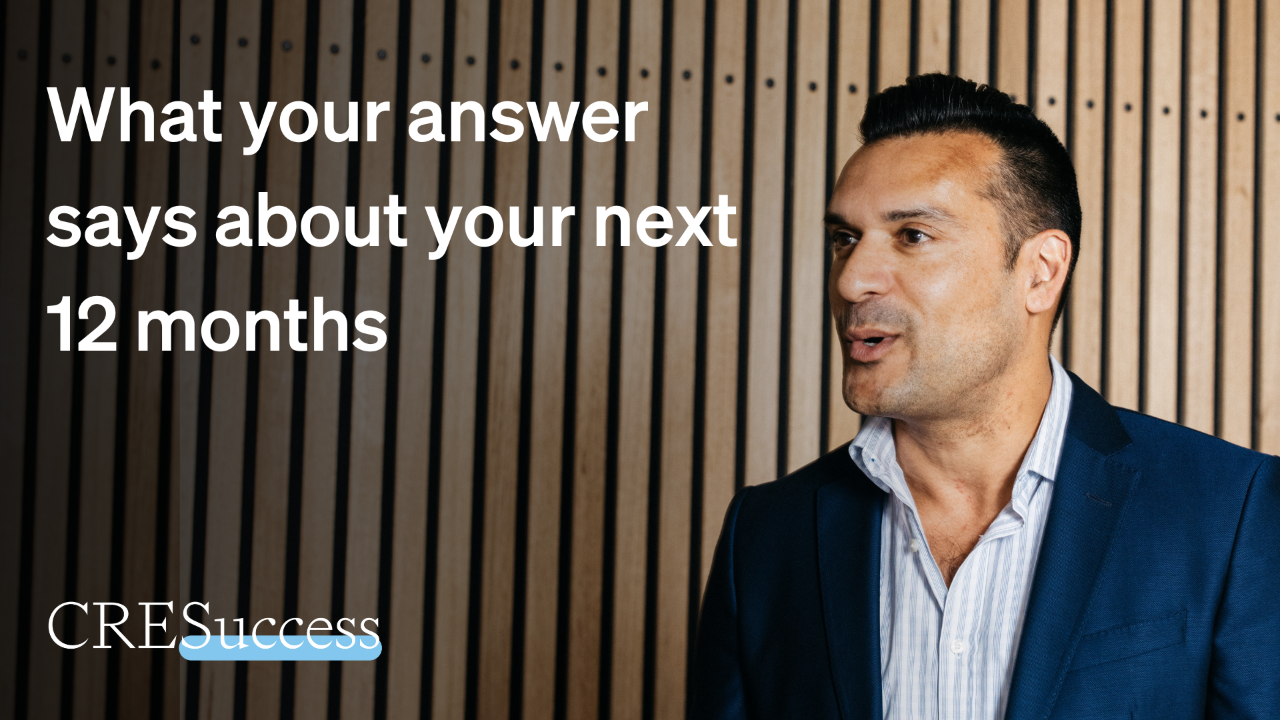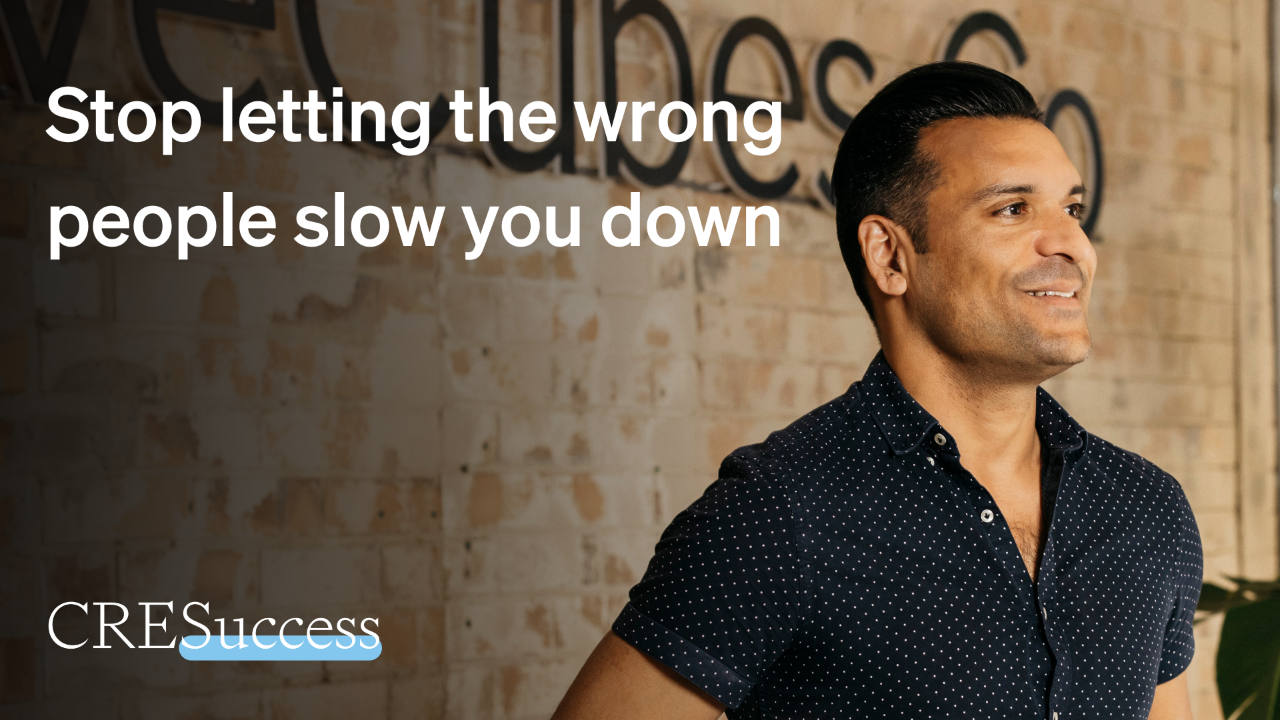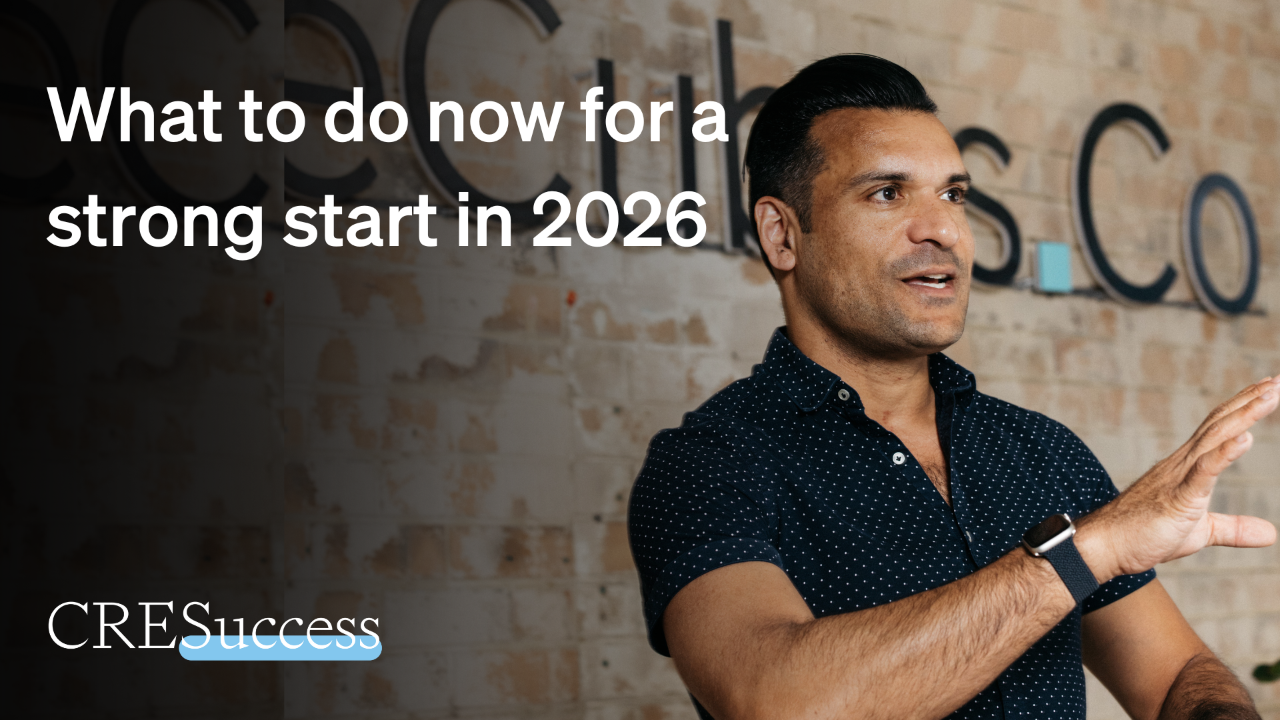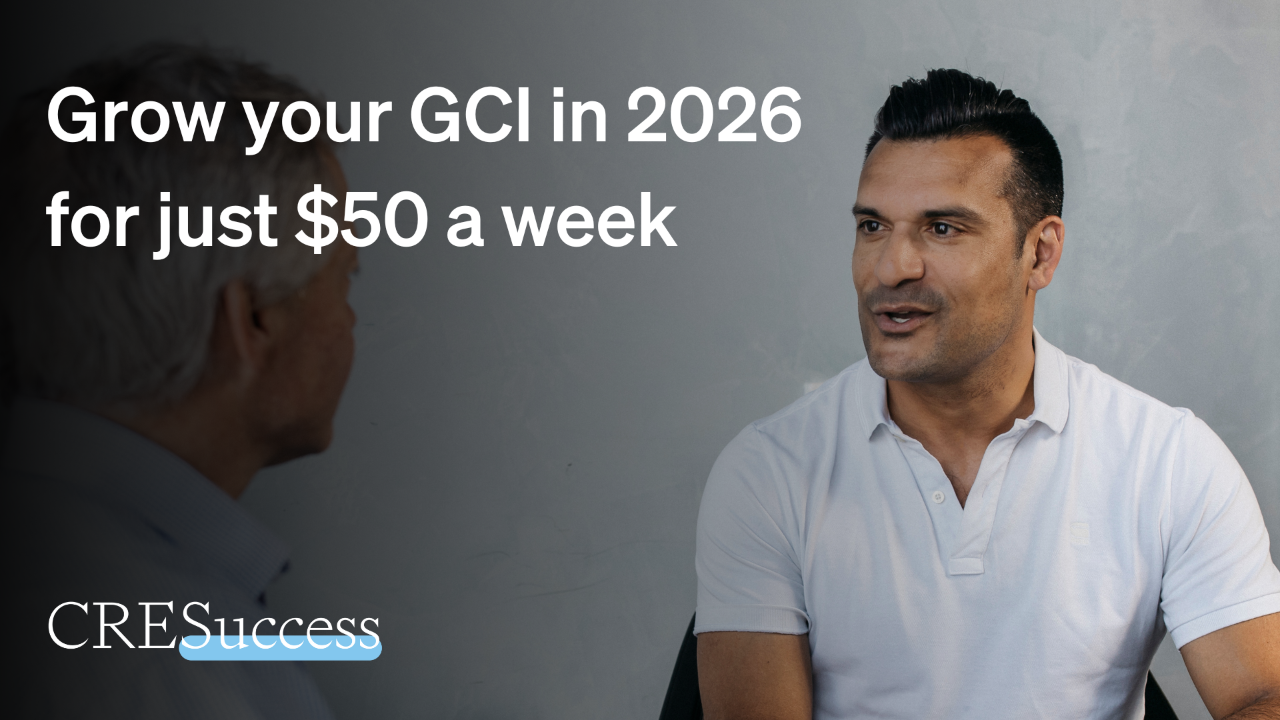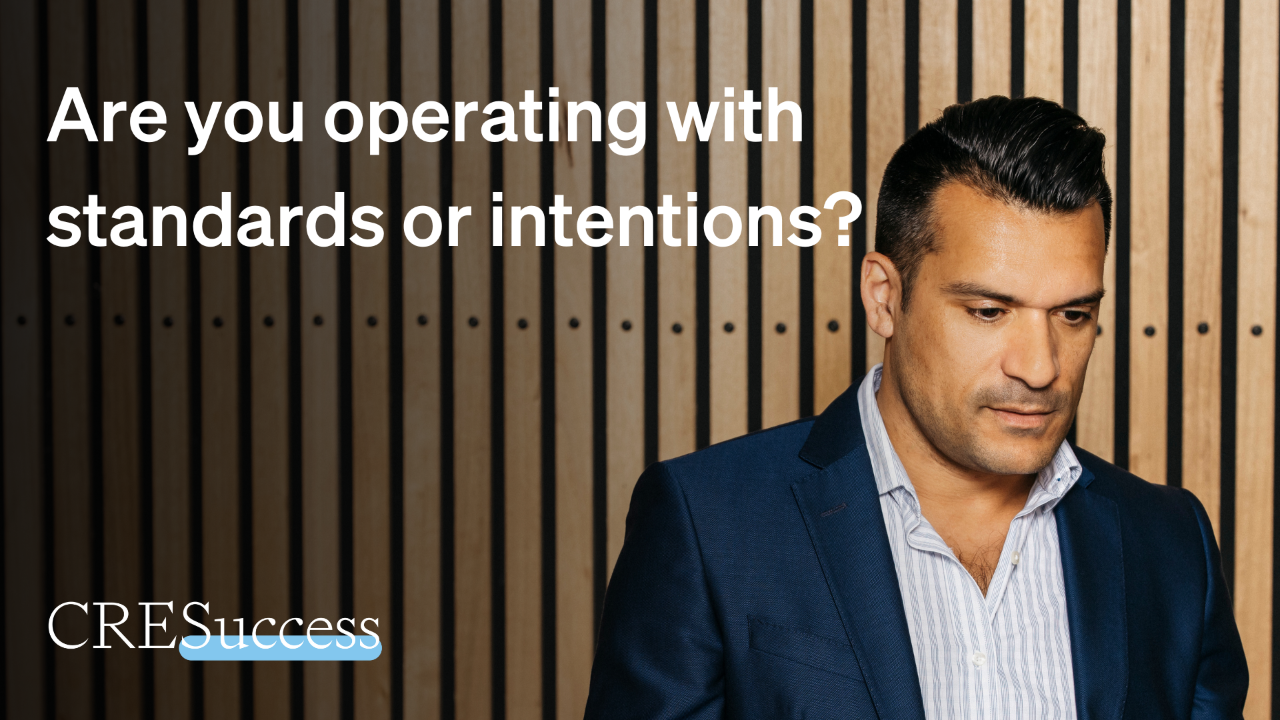How to stop deals from stalling and avoid being ghosted by prospects
Jan 31, 2024
Have you ever experienced the challenge of keeping your deal pipeline flowing smoothly?
There's a simple yet powerful technique that can transform your interactions with prospects and clients called BAMFAM – it stands for "book a meeting from a meeting".
This approach is all about keeping up the momentum….so when you’re wrapping up a meeting, BAMFAM means scheduling your next interaction then and there.
This not only keeps the communication channel open and ensures you've got more time locked into their calendar, but also creates a deadline to handle the next step in the process.
But how do you implement BAMFAM effectively? Here are a few quick tips:
Be Proactive: Towards the end of each meeting, propose a follow-up discussion and let the other person know the purpose of that meeting.
Offer Value: Ensure your next meeting offers something beneficial – make it sound worthwhile (i.e. answer the question they may have: “What’s in it for me?”).
Demonstrate Flexibility: Offering a couple of possible times not only shows respect for their schedule, but it also suggests that the option is one or the other – rather than a meeting or no meeting.
By using BAMFAM, you’re not just scheduling another meeting; you’re building a bridge towards closing deals, growing relationships and greater engagement.
Try it in your next client interaction and watch your sales process transform!
For this and a few more tips to help you and your team do more deals in 2024, join me for episode 172 of Commercial Real Estate Leadership.
Episode transcript:
Hello there, it's Darren Krakowiak here for episode 172 of Commercial Real Estate Leadership.
Now, usually we play the music, the intro before I tell you what the number episode is.
But I'm doing it a little bit differently today, because today's episode is a recording of a recent interview that I did, where I was being interviewed by Raphael Collazo of the Commercial Real Estate Meetup.
That's one of the pieces of content that he puts out every week. He puts out so much stuff.
And we were having a conversation around what needs to happen to succeed in 2024 if you're a commercial real estate agent or broker.
And look, I know, we're already a couple of weeks, a few weeks into 2024. But I thought that some of the things that we discussed, was definitely worth sharing with you as well.
So, do excuse the fact that there's a couple of references to end of the year next year, but everything we talked about is definitely relevant for you.
So, on the other side of the intro, I'll hand it over to Rafael and he'll be talking to me about commercial real estate success in 2024.
Raphael Collazo: We have a range of different people who listen to podcasts, you know. As far as the demographics for the podcast, we tend to skew somewhat younger. You know, in the 28 to 34 range is kind of the highest demographic, and then it starts to get into the 34 to 44 range. So, there are some people who are kind of newer in their career, and there's people who are more established. So, there's a two-part question that I have for you. The first part of that question is related to the newer agents, those that are like we had described a couple of years in the business. Maybe they just started 2022, you know, they're kind of at the tail end of this COVID. Crazy cycle that we had, where everything was just kind of flying off the shelf. So, it's already kind of hard to navigate those waters. I guess, what are some of the things that you would recommend that they do; some steps they can take to set themselves up for a great 2024? And then we'll dive into more established professionals after that.
Darren Krakowiak: Yes, so I guess that to build your pipeline now is probably the sort of core thing to do to realize that the year that you have in 2024 is somewhat determined now. So, even if people and you know, in the chat, there are a few questions coming in about, people wanting to wait and so forth. Well, you can still have conversations with people. If people are telling you that now's not the right time, well, let's get ourselves a pipeline of at least meetings to do in the first couple of months of 2024. A good acronym that I learned recently is “B.A.M.F.A.M.” “B.A.M.F.A.M.” is “book a meeting from a meeting.”. So, whenever you're speaking to someone, and they say to you, "Oh, yeah, we'll talk about that later." Pin them down to a time at a date, and then secure the next meeting. Because that is the best way for you to continue that conversation as opposed to be in some 'no man's land', where you're just chasing each other and trying to lock people. Book a meeting from a meeting is always a good thing to do for moving transactions forward, but also even in his earliest stage when you're just building pipeline. So, what else would I say for those people? Probably content is something that you can be working on at any time. You know, expand while others are contracting, right? So, I think a lot of people will say, "Now it's just not a good time, I'm just going to come back in 2024." 2023 is over, right? Well, it's not over. And while it might be too late to run a whole process and settle a property between now at the end of the year that you haven't started, it's certainly not too late to start building up your personal brand and to do the work that's going to get you recognized as the go to sort of trusted voice in your market. So, our older friends in the different cohort, perhaps aren't as interested or capable in that area. But you can do that, not only on LinkedIn, but also you know, on Instagram and even on TikTok. I think Instagram is probably the one where I'm seeing one of my clients in particular, who's doing a really great job on Instagram with building up his personal brand. He's got some videos that have gotten like a million views. So doing really, really well. So, I reckon Instagram’s, possibly on the top resource for people in commercial real estate. Again, you look at people in residential, they do really, really well, in Instagram. And Instagram is no longer for kids, right? It's a lot of the demographic as are people that we want to be talking to are definitely on Instagram. The other one, I guess, is just all of this AI stuff, right? And you are probably better placed to understand how to use all that stuff if you are in a younger cohort than you are in an older cohort. And if you are younger, my advice would be don't be a cheapskate when it comes to chatGPT. Pay the $20 a month and get the plus version. Because when you've got the plus version, you can start using all of the features that come with chatGPT in terms of setting it to always talk in your voice. You can create your GPT's that are specifically for different types of functions. So, you just set it up once. And then you know, as an example, you might say that this GPT, which is my own personal GPT is for industrial listings in a certain area. You put in a PDF, like 10 examples of how you want it to sound and you say, whenever I type in the particulars of a property, I want you to reproduce an online advertisement in the format that I've taught you. And then boom, it will do it, right? So, these are all of these sales, administrative marketing tasks that need to be done. But that can be done super-fast. If you believe that your time worth more than 50 cents an hour, then definitely you should invest in something that can save you probably 40 hours a month, and that would be chatGPT Plus. So, that's amazing.
Raphael Collazo: Yeah, that's amazing. And yeah, absolutely, they're super actionable too. And on the content side, I know you do a phenomenal job on the content front, on a variety of different platforms. And I even live my local market. I'm big into YouTube, I'm big into LinkedIn, I've been in a lot of other social platforms. And it's already started to bear fruit. Granted, it's been a 3 to 4-year process. So, I wouldn't say that any type of content creation is going to bear fruit in two months, three months, five months. But, you know, I don't think it's ever a bad idea to begin the process of creating and establishing yourself as a thought leader in some capacity. And so, I appreciate you sharing that content, you know, generation idea. And chatGPT, I've used it many times, where it's like, come up with 10 or 15 ideas for content for commercial real estate. And it'll pull up all these different ideas, because that's another thing that a lot of people have issues with, as they say, "Oh, I can't come up. I don't know what to come up with as far as content." But there's different ways that you can augment AI to help you with the process.
Darren Krakowiak: Yeah. You've got to learn how to use chatGPT, properly, right? So, I think a lot of the sort of news about it is, "Oh, it got this wrong, so therefore, it's no good." Well, it's probably not the best place to get historical facts, perhaps. But it is like a very good place to generate ideas, like its language is actually quite good. But it's only as good as the prompts that you give it. The reason why I think a lot of the stuff that chatGPT produces is quite like, it sounds a little bit spammy when it's written. That's because a lot of people write with spam language, right. So, all that chatGPT can learn is what's out there on the internet, what's published, and it just takes that and goes. This is what typically one would write when you're writing a LinkedIn post, when you're writing an online listing, and you know, when you're doing whatever. So, what we need to do is then tell chatGPT, this is best practice, this is the tone of voice, this is the structure, this is the type of language that I would like you to reference when you are creating this piece of content for me. And then it will take the instructions that you've given it along with what it already knows, from being this huge, I guess, language model. And it will come up with something that is better than what it would come up with if you just asked it a basic question. And this is all about communication as well, right? So, your ability to speak to chatGPT, even though it is a a bot essentially, will actually improve your ability to communicate with people. So, the better that you can get chatGPT to produce what you want, that shows that you're a good communicator, which means that you'll also be able to hopefully, without sounding kind of like you're just using people, you'll be able to get people to do what you want. Because you'll be communicating clearly and, in a way, which helps people understand what you're looking for.
Raphael Collazo: Yeah, no, I couldn't agree more. Great advice. So, the kind of the second part of this question is, you know, there's another section of our audience as well, that are much more established in their career. So, for those individuals who are individual performers, and they're performing at a high level, maybe the last few years have been the best years that they've ever had. And now they've kind of hit a low. So, you know, for those individuals, and also, kind of your target audience, the people that you work with the most; the leaders of different organizations within the commercial real estate, maybe they have their own team, or maybe they run their own individual organization, and they're trying to navigate the murky waters that we're currently in. What are some of the steps that they can take today and going forward, to make sure that they set themselves up for a great 2424 and beyond.
Darren Krakowiak: It's probably about their leadership. Because, you know, there's four ways that you can kind of create leverage, that you can produce more than just you're capable of producing in one day. And it's either through money, it's either through people, it's through technology, or it's through content. And the most accessible way for us in commercial real estate is still probably the one where we can actually create the most things to happen is by hiring people who can help us produce more. And we think about the three sort of things that we're doing in commercial real estate were generating leads, we then converting those leads into revenue, and then we're also trying to create some sort of leverage or scale, through processes, through systems or through people. And you've got to be a good leader if you want good people to work for you. So, I think, understanding what is your zone of genius. So, what is it that you are good at that you enjoy doing, and that you can get paid the most to do? Understanding what your effective hourly rate is. So, if you can produce $500,000 in a year, your effective hourly rate is $250 an hour. So, it's just your annual income divided by 2000? Well, if you're spending your time doing $20, $50, even $75 an hour tasks, you're effectively taking away time for you to be able to continue growing your income. So, I think a lot of people feel like, "Well, I can just do it myself, I'm better off doing it myself. No one can do it better than me, if you want something done properly, do it yourself." All of these kinds of beliefs that people have, that stopping you from making more money. So, if making more money is what is important to boil it down, it is pretty important for a lot of commercial real estate agents and brokers. And I know, we make money to do things with whether it's supported our family, support important causes, to make an impact in the world, to live a better life. But if that's part of our goals, then we need to be willing to give up some of that control, and to bring other people in, so that we can actually produce more. Because there's always going to be a limit on the amount that you can produce on your own. And it might be $1 million or $2 million, but you will reach a limit, unless you start to bring in good people who can help you create more of that leverage. And the people that you attract will be a reflection of you. And the people that you retain will be a reflection of you. So, I think the best thing that you could do based on your question, which was a high performer, who's producing a lot? What can they do? Well, it's to work on themselves, to work on their leadership, to look at their blind spots. So, have a think about, you know, what is it that someone would say about me over a couple of drinks when they didn't think I was listening, when they were talking about their boss? What would they say? What would they say if the company did an anonymous survey or an engagement survey or 360, and they're asked, 'What would I like to see my boss do less?' Or, 'What do I want my boss to stop doing?' Those are the real big levers for you to sort of activate for improvement. A lot of people say you've got to focus on your strengths, but also, you've got to recognize are there any weaknesses which actually detracting from your ability to produce more? And most of us have those. The easy way to learn them is through self-reflection and hopefully mitigating them before they impact your ability to attract and retain good people.
Raphael Collazo: I know, and I think it's a common trait, I'm sure a lot of people were high performers in any industry. They got that way, because they are somewhat of a type personality. They're very hard charging, they like to get some certain things done the right way. And if there is a hurdle sometimes, that you've done a certain of thing, a certain way for a long period of time, you've been very successful at it. But in order to reach the next level, you have to be able to link relinquish control, which for again, is not an easy thing to do, especially in the early stages of that relinquishment of control because it requires a lot of effort for you to be able to sit down with someone to train them. And most the time that I'll be able to do it as well as you at least starting out, and maybe ever, but it does. But at the end of the day, if you're able to bridge that divide, and at least get them close enough to where they can do the task competently. Now you free yourself up to be able to do other things that are much more valuable to help lead helping you grow your business over time. So great insight, I really appreciate that.
Darren Krakowiak: So, you know that I think good processes, documented, they're simplified, and then they're followed, right? That's all you need to do. You just need to document what it is that you're doing. Simplify it, so it's easy for someone else to pick up and do. And then you just make sure that the other person is doing it. And once you've done those three things, then your job is to say, (this again sounds a little bit bad, but it's just the way it is) "What's the lowest amount of money that I could pay for this to be done to the required standard?" And that's actually a good thing for your people because you're constantly looking to elevate people's roles. You're looking to have people do more important strategic client facing revenue generating tasks. So, I guess another trend that is important, Raphael is the use of virtual assistants, right? So, I'm guessing you probably use a virtual assistant. I use a virtual assistant. A few of my clients do, but still there is a lot of resistance to using virtual assistants for whatever reason that is. And there's a whole list of reasons beliefs that people have about, you know, is it ethical to hire someone in a lower cost economy to do things that I would hire someone in my own country for this amount. It's totally ethical, it's totally fine. In fact, you can make it more ethical by the way that you work with that person by being a great boss by, you know, you can choose to pay extra if you want to, and that's a huge difference for that person. So, I would add that, you know, looking to always elevate people's roles, and to make sure that we're not overpaying for certain tasks. Because ultimately, if you pay someone, you know, let's call it $50 an hour or $100,000 a year, but you've got them doing $20 an hour tasks, they're not going to be fulfilled, they're going to get bored, they're going to look for better opportunities. And if you're not giving people the opportunity to grow, then they're, most of the time people who are ambitious people who have motivation, people who want to be the best version of themselves, well, they're going to go somewhere where they can be that. And that's why I think it's your duty, to always look to help people operating within their zone of genius and to be pushing down those lower cost tasks to people who are within that pay range.


